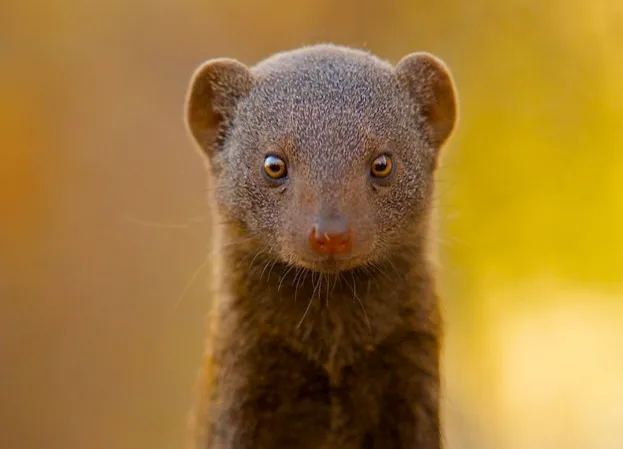A recent study has shown that the noise of traffic decreases the likelihood of dwarf mongooses fleeing when tree squirrels utter an alarm call.
Dwarf mongooses are known to respond to the alarm calls of other animals including tree squirrels, fork-tailed drongos and hornbills.
“The lack of an appropriate escape response could result from noise-induced distraction or stress,” said Amy Morris-Drake, lead author of the paper and a researcher from the Dwarf Mongoose Research Project.
“Alternatively, noisy conditions could partially mask the tree squirrel vocalisations, making it harder for the dwarf mongooses to extract the relevant information.”

Dwarf mongoose © Shannon Benson
Dwarf mongooses live in groups of between three and 30 individuals, with a dominant breeding pair and subordinate helpers.
They have a range of alarm calls to signify danger to the rest of the group, which indicate both the type of predator and the urgency of the threat.

